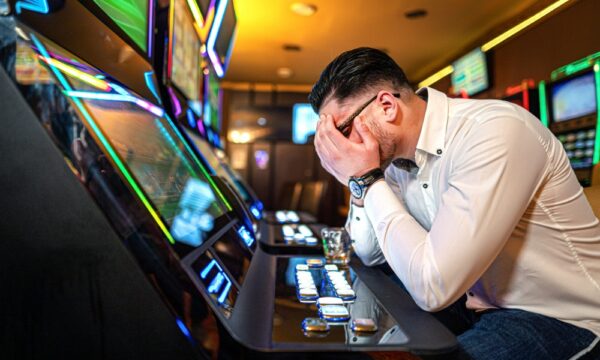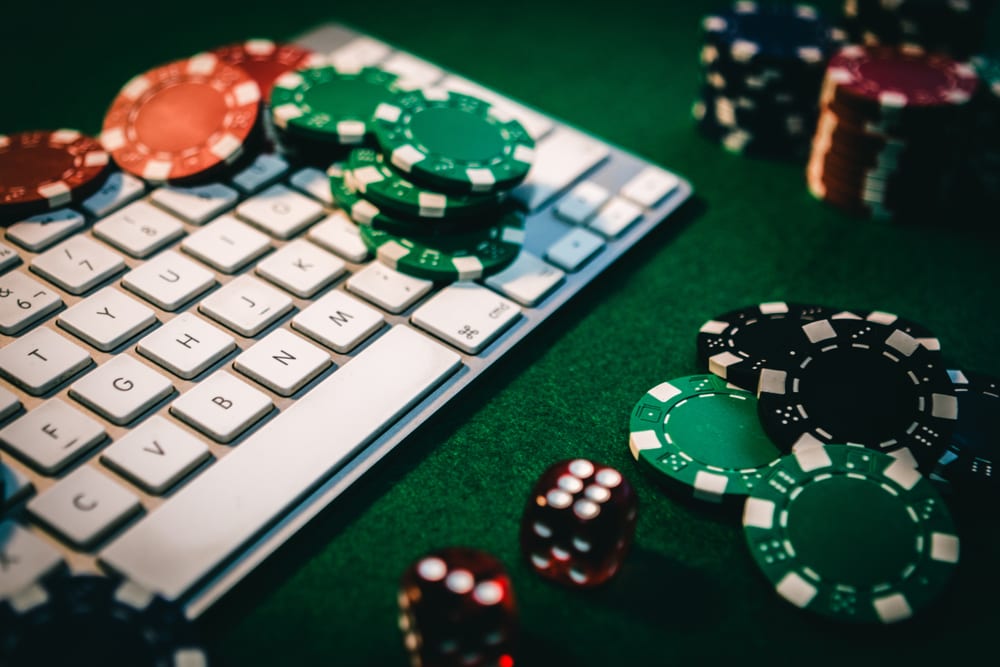Gambling addiction is a serious condition that can have devastating effects on individuals and their families. It is a progressive disorder that can start with occasional gambling and escalate into a compulsive habit. This article explores the causes of gambling addiction and the available treatment options.

Causes of Gambling Addiction
Like other addictive behaviors, gambling addiction is a complex disorder that involves both biological and environmental factors. Some of the common causes of gambling addiction include:
- Genetics: Studies have shown that individuals with a family history of gambling addiction are more likely to develop the condition themselves. There may be genetic predispositions to compulsive gambling.
- Mental Health Disorders: Individuals with certain mental health conditions, such as depression, anxiety, or personality disorders, may be more susceptible to developing gambling addiction.
- Environmental Factors: Exposure to gambling at an early age or having a social circle that engages in gambling can increase the risk of developing addiction.
- Stress and Trauma: Individuals who have experienced significant stress or trauma may turn to gambling as a coping mechanism.
- Reward System: Gambling induces the release of dopamine in the brain, which can lead to feelings of pleasure and reward. This can make it difficult for individuals to stop gambling, as they may continue to seek out the pleasurable feelings.

Treatment Options for Gambling Addiction
Effective treatment of gambling addiction involves addressing both the psychological and physiological aspects of the disorder. Some common treatment options include:
- Cognitive Behavioral Therapy (CBT): CBT is a type of therapy that can help individuals identify and change negative thought patterns and behaviors related to gambling addiction. This therapy helps individuals learn how to cope with triggers and cravings.
- Medications: Certain medications, such as antidepressants or mood stabilizers, may be prescribed to individuals with co-occurring mental health conditions, which may be contributing to gambling addiction.
- Self-Help Groups: Self-help groups, such as Gamblers Anonymous, can provide supportive environments for individuals struggling with gambling addiction. These groups offer a chance to share experiences and learn from others who have overcome their addiction.
- Inpatient Treatment: For individuals with severe gambling addiction, inpatient treatment may be necessary. This involves a stay at a treatment facility, where individuals receive intensive therapy and support to overcome their addiction.
Gambling addiction can have a profound impact on individuals’ lives and relationships. Understanding the causes of the disorder and the available treatment options can help individuals and their loved ones seek the support they need to overcome this addiction.










